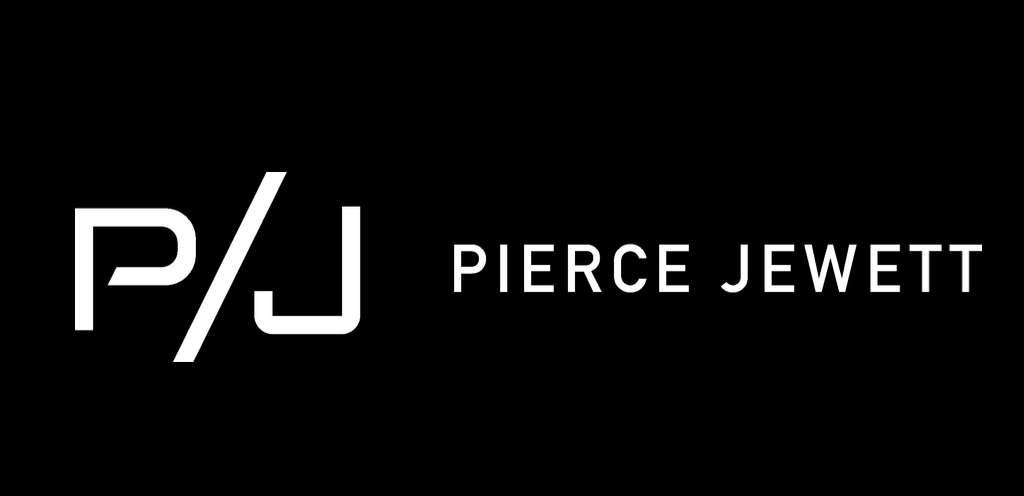Virginia’s Unlawful Detainer Action: A Unique Tool in Rent Collection and Eviction Proceedings
Virginia has some of the most landlord-friendly eviction proceedings available in the nation. Virginia permits a landlord (either commercial or residential) to pursue eviction and past due rent in a single combined action filed in General District Court, known as an “Unlawful Detainer.” To understand the odd nature of an Unlawful Detainer action, understand that Virginia’s legal history, as with the United States’s legal history generally, emerged out of the British legal distinction between courts of law (which awarded money to parties who were wronged) and courts of equity (which required parties to take some action to remedy the wrong instead). An Unlawful Detainer action is strange because it combines both proceedings – an action at law to recover rent owed under the lease agreement and an action at equity to recover possession of the premises.
The other interesting twist to it is that an Unlawful Detainer action is filed in Virginia’s General District Court, which typically has a jurisdictional limit of $25,000. However, by filing an Unlawful Detainer action, a party may exceed this jurisdictional authority and file for any amount of past due rent or other contract-based damages (include future rent under an accelerated rent clause) as part of the proceeding. This is significant because a rent collections action in Virginia Circuit Court (where civil cases seeking more than $25,000 are otherwise filed) is a much more extensive process, requiring pleadings, discovery, motions, and potentially a jury trial. By contrast, Virginia District Court tends to be more plaintiff friendly in that it does not allow for discovery, subpoenaing witnesses, motions practice, or other pre-trial procedure and hearings. A civil General District Court proceeding on Unlawful Detainer will progress in five short steps – the plaintiff will file the action, the parties will attend an initial hearing to set trial (or obtain a default judgment), the plaintiff will file a bill of particulars, the defendant will file a grounds of defense, and the parties will argue before the judge at a short hearing. Thus, generally, the process is focused on whether or not there was an enforceable contract and whether or not rent was paid, and defense attorneys can have difficulty in throwing up procedural roadblocks to proceeding to judgment. Parties are permitted to appeal adverse rulings within 10 days, and the court will allow a brand-new trial in Circuit Court on the merits.
An Unlawful Detainer is filed on a short, universal form DC-421 that lays out basic information about the parties and the amount claimed. However, each District Court carries its own set of filing requirements for an Unlawful Detainer action. Some courts require the plaintiff to file a copy of the termination notices, some courts require filing of a Civil Service member’s Affidavit (a document whereby the Plaintiff provides evidence on whether any defendants are active military members), courts may have differing requirements for how checks are made out, while others require only filing of the Unlawful Detainer form and allow for parties to hash out details later. As such, navigating the process can be difficult and overwhelming for those unfamiliar with each court’s set of rules and procedures. As with other General District Court actions, parties may decide to provide all information at trial, or either party may request a set of responsive pleadings (the aforementioned “bill of particulars” for the plaintiff and “grounds of defense” for the defendant).
Although both residential and commercial landlords may file an Unlawful Detainer action, the Virginia Landlord Tenant Act carries with it a broader set of protections for residential tenants, which landlords must comply with in order to successfully pursue eviction and recovery of rent. On the other hand, commercial landlords have substantially more leeway in pursuing commercial tenants in an unlawful detainer action, and there are far fewer notice requirements or roadblocks to obtaining judgment.
If you have questions about this article, or about Unlawful Detainers in general, please contact Matthias Kaseorg at (804) 564-2030 or mkaseorg@piercemccoy.com
This article was original published in Setliff Law’s News page on March 19th, 2021 at 12:27pm.
